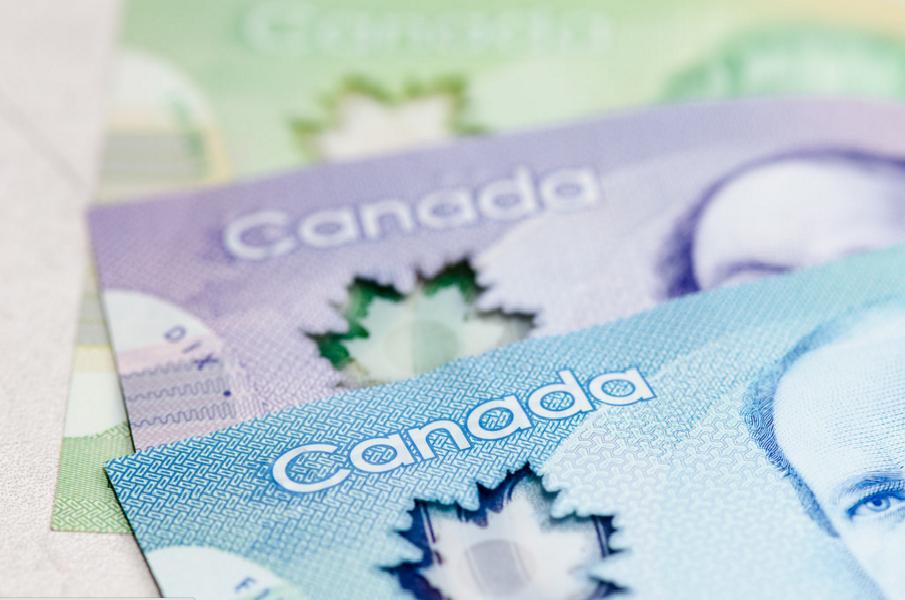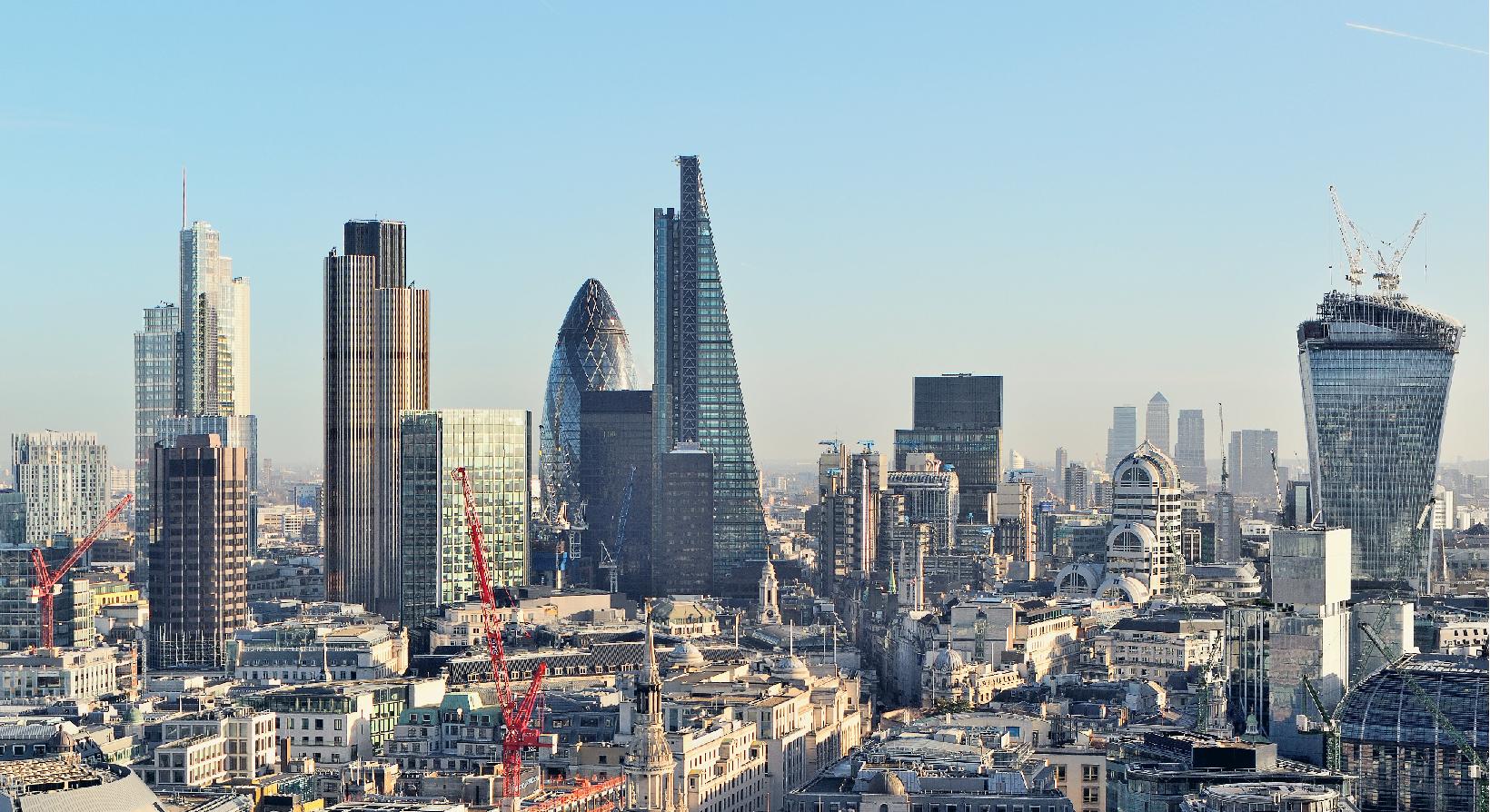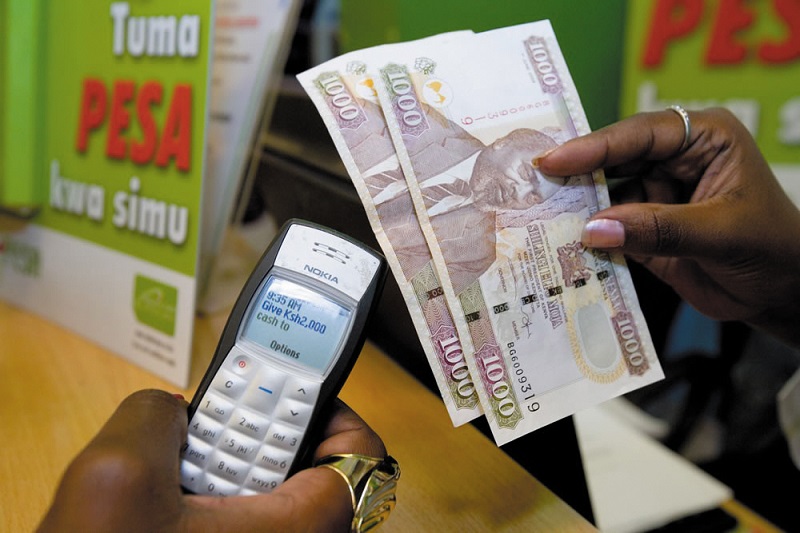New findings from investigations into the contents of the Panama Papers leaked last year implicate Canada as a major tax haven for foreign enterprises looking to store cash before they move it to a safe place. Canada is far from being the secluded tropical paradise one imagines by the term “off-shore tax haven.” Yet, it has some unique incentives for multinational corporations to bring their business here.
The Panama Papers were a series of 11.5 million documents from the corporate tax agency Mossack Fonesca leaked by journalists in 2016. The documents connect 143 political figures, including several former and current heads of state, and a variety of other super wealthy people across the globe to a massive money laundering infrastructure. The list includes hundreds of thousands of companies performing billions of dollars of transactions, though the exact amount is difficult to determine.
There are several reasons why experts dub Canada the “Great White Tax Haven.” Arguably the country’s greatest feature is that it offers a stable political and economic climate which allows people and their families to live comfortably without worrying about their finances. Changes in the tax code under Stephen Harper’s Conservative government have made fewer individuals pay in the highest tax bracket, attracting investment from foreign migrants.
The Canadian government has also offered Immigrant Investor Programs to wealthy migrants who invest at least $800,000 in the Canadian economy by exempting them from taxes for the first five years. Such programs are controversial because of the potential for migrants to leave after five years is up, benefiting from their investment but not being subject to Canadian tax law if residing outside the country.The first program of this kind was found to be ineffective and was shut down in 2014, but Justin Trudeau’s Liberal government has tried to pilot a similar program.
Foreign individuals and firms are taking advantage of Canada’s tax system in ways that are generally acceptable by Canadian law. A joint Toronto Star/CBC report describes this process as “snow washing” transactions using the Canadian economy’s favourable reputation abroad. It is easier to use Canada as a tax haven if no one believes that it is one.
Canada’s tax law makes it very easy to create shell companies, which are used to hide where money is actually coming from. People filing to create a company in Canada do not need to legally provide the names of the actual owners of the company. They can instead put the name of a representative of the company on all tax forms. The owner of the money that is being transferred to an off-shore account using the shell company never has to disclose their identity to the Canadian government. Furthermore, the corporate structure of a Limited Partnership (LP) in Canada allows non-residents to skip filing taxes in Canada. The Panama Papers have shown that corporate law agencies like Mossack Fonesca actively recommend Canada to their clients as a place to store money using the LP structure.
Despite this recent revelation, the fact that Canada has been a prime destination for those seeking to pay fewer taxes is nothing new. In 1980, the government of Pierre Elliott Trudeau passed Bill S-2, a treaty to cut the tax rate for businesses operating between Canada and a number of other countries in Europe, Asia and the Americas. Barbados, which was on the list of Bill S-2, is now the 3rd highest recipient of Canadian foreign direct investment in 2015. A lot of this money is suspected to flow from corporations trying to work around the Canadian tax system. Since then, Canada has signed 115 international tax agreements, more than any other country in the world.
Canada is not only a destination for people looking for a tax haven. Our own enterprises are regularly involved in sending money offshore as well. Canadian individuals and businesses have a rocky history of dealings with countries that are known tax havens. Canadian companies have put over $270 billion in tax havens over the last quarter-century, including $40 billion alone in 2015.
The Canadian Revenue Agency (CRA) has been working to improve its capacity to investigate and prosecute tax evasion since the “Liechtenstein Affair” in 2009. Information about Canadian money hiding in a Liechtenstein bank that became public at the height of the global economic crisis last decade led to massive outrage. The CRA investigated Canadian families implicated in the scandal and found that they owed an additional $24.7 million in tax money.
As a result of tax evasion, the federal government loses out on billions of dollars of potential revenue. Despite being almost halved from 28% to 15% in the year 2000, the corporate tax rate has remained a significant contributor to the government’s revenue stream. In the 2015-2016 fiscal year, corporate taxes represented 20% of Canadian federal revenue, or about $38.8 billion.
Canada’s relationship with tax havens, both inside the country and abroad, raises questions about the integrity and stability of the Canadian financial system. It conflicts with the Canadian government’s intention to project a sense of strength and national unity abroad. Canada’s recently-appointed Minister of Trade François-Philippe Champagne has noted how the country’s economy is heavily dependent on international trade, and he wants to embrace that. Champagne has suggested that the government must promote an adherence to international norms to set an example on the global stage, and focus on promoting “stability, predictability,” and “rule of law” at home to attract foreign investment.
Champagne has also argued for maintaining a competitive economy that can “keep generating wealth and spreading it around” in light of changes in the global economy and demographic trends domestically. The more money that slips through the hands of the federal government, the more difficult this task will be to realize. Canada’s positive reputation on the international stage may be at risk. To label Canada as a tax haven portrays the image that Canadian institutions of tax legislation and enforcement are not as robust as they appear. If Canadian international legitimacy were called into question, this could seriously impact the willingness of foreign firms to do business in Canada, and governments to maintain or expand economic ties, in the years to come.
Photo: “Stock Photography – Canadian Money” (January 22, 2015), by KMR Photography via Flickr. Licensed under CC BY 2.0.
Disclaimer: Any views or opinions expressed in articles are solely those of the authors and do not necessarily represent the views of the NATO Association of Canada.




